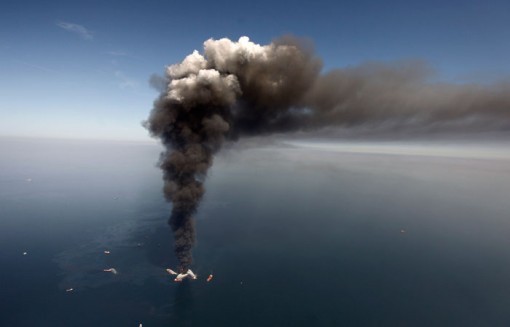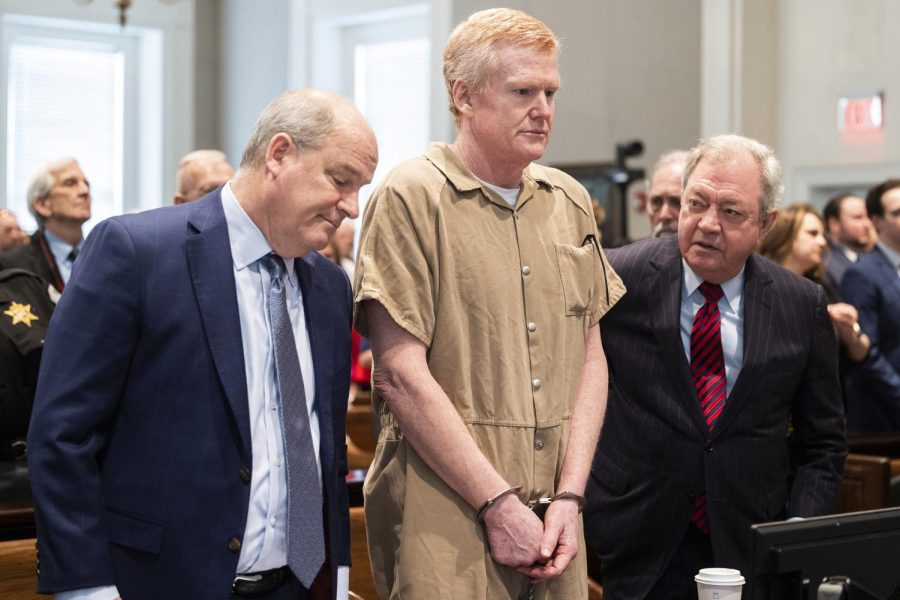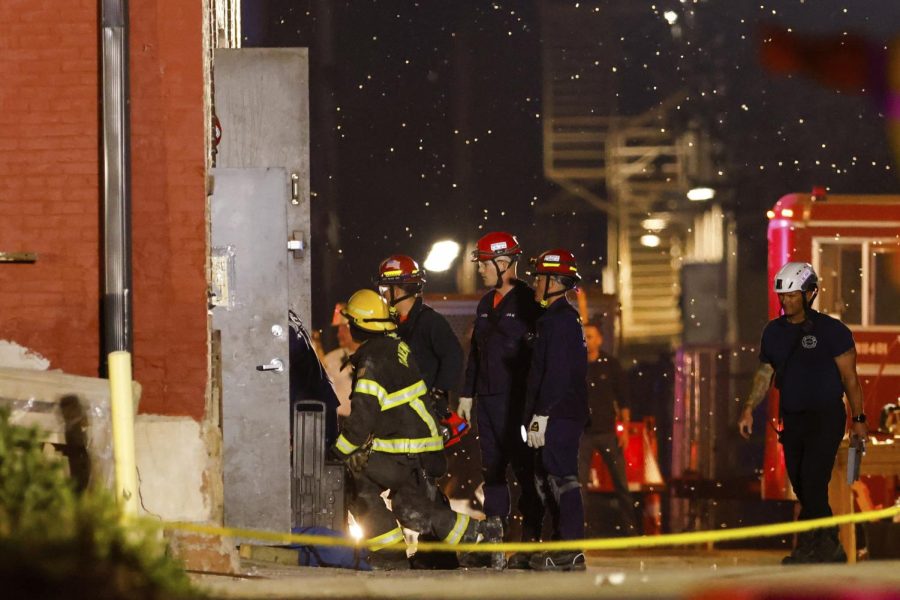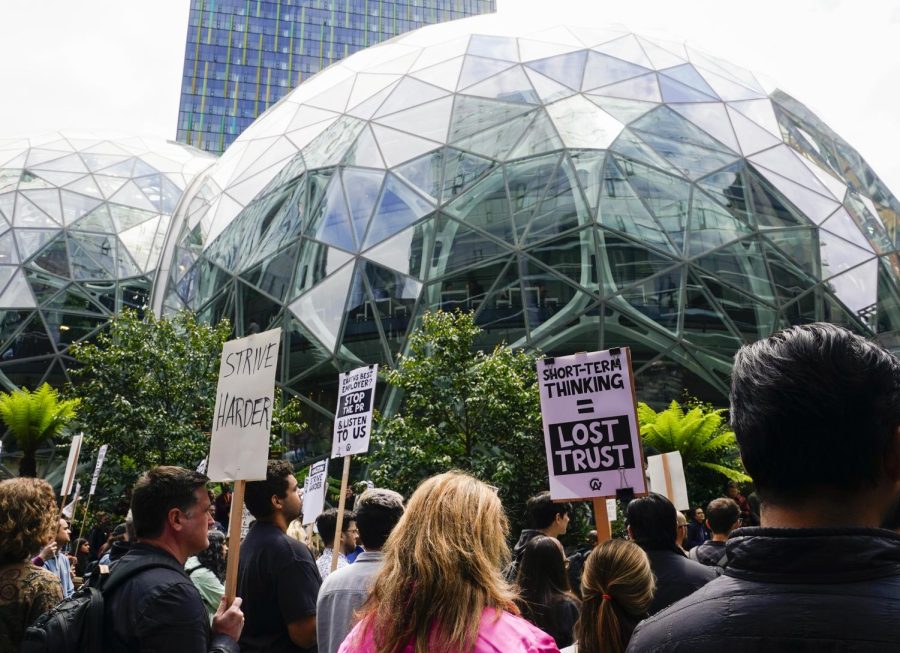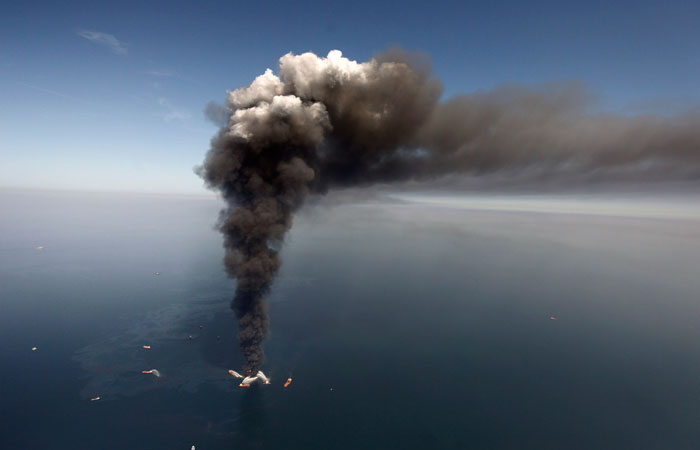
JANET McCONNAUGHEY
Associated Press
NEW ORLEANS — BP PLC must resume paying claims while it asks the U.S. Supreme Court to review its settlement with businesses over the 2010 Gulf of Mexico oil spill, a federal appeals court panel said Wednesday.
The 2-1 judgment said the 5th U.S. Circuit Court of Appeals will not stop payments while BP appeals the court’s earlier ruling that businesses, under the settlement, do not have to prove they were directly harmed by the spill to collect money.
BP will ask the Supreme Court to review Wednesday’s ruling, company spokesman Geoff Morrell said in an emailed statement.
The four-sentence judgment does not include detailed reasons for an order handed down a day earlier or for the dissent by Judge Edith Brown Clement, who also disagreed in the court’s March 3 ruling. In March, she wrote that whatever BP agreed to in its settlement, courts should make sure that payments go only to people who can prove the spill caused their losses.
The claims fund was set up after a BP well off the Louisiana coast blew out in April 2010 and spewed oil into the Gulf for nearly three months.
BP initially estimated that about $7.8 billion would cover all claims. It later said the administrator was misinterpreting the settlement in ways that could add billions of dollars in bogus or inflated claims.
There has been no dispute that some Gulf Coast businesses, including tourism and fishery-related interests, lost money because of oil on beaches or the closure of fishing waters after the spill.
However, BP argues that the claims administrator wrongly interpreted the settlement to mean that businesses must only show losses during and after the spill without proving a direct link. Examples cited by the oil giant and in Clement’s strongly worded dissent include a wireless telephone company that burned to the ground and an RV park that closed before the spill.
BP says it has paid out more than $12 billion in claims to people, businesses and government entities. A trial scheduled for January in New Orleans is part of the litigation that will determine how much the oil giant owes in federal Clean Water Act penalties.


